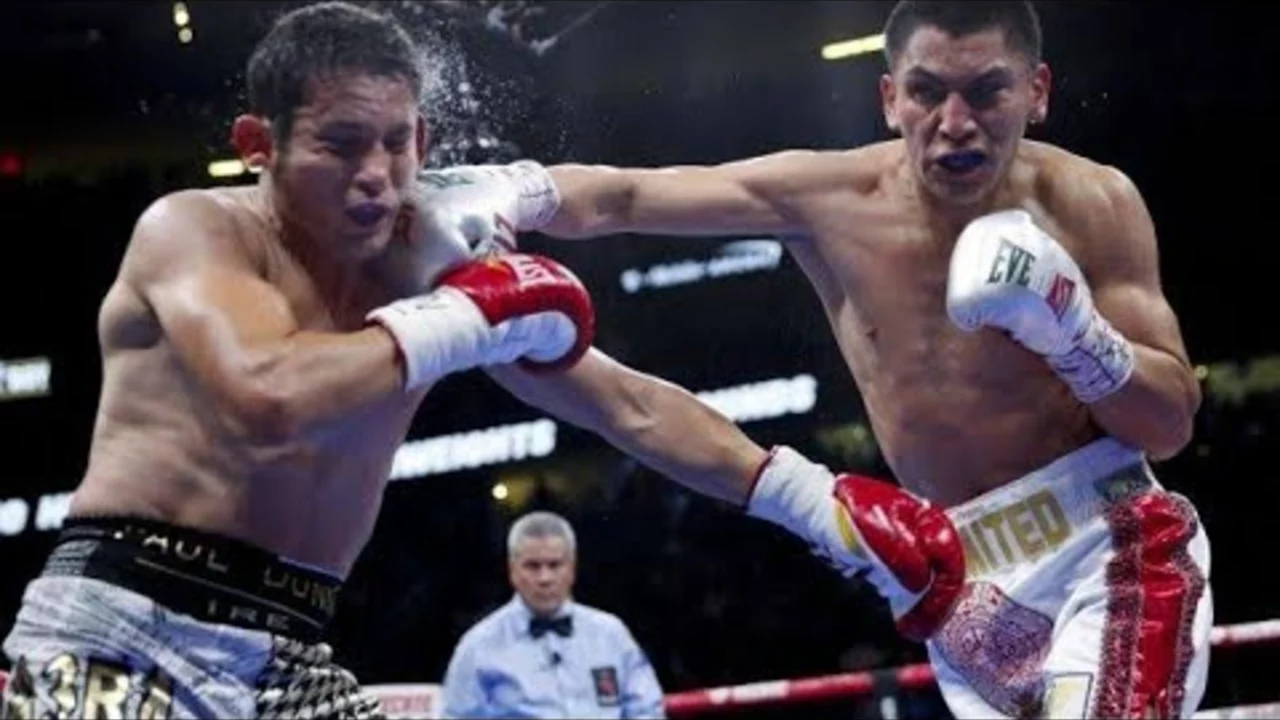Understanding Boxing Basics
Before we delve into the nitty-gritty of boxing rounds, it's essential to understand what boxing is all about. Boxing is a combat sport where two people, wearing protective gloves, throw punches at each other for a predetermined amount of time in a boxing ring. Boxing matches are usually watched by thousands, if not millions of fans worldwide, and the sport has produced legends like Muhammad Ali, Mike Tyson, Floyd Mayweather, among others. The sport is governed by rules, and one of the most critical aspects of these rules is the number of rounds in a boxing match. But what are rounds in boxing?
Defining a Round in Boxing
A round in boxing refers to a specific time limit that both boxers are given to fight before a short break. During this period, both fighters are expected to give their all, with the aim of either knocking out their opponent or scoring more points. The duration of a round in professional boxing is three minutes, with a one-minute rest period between each round. The length of the rounds and the rest intervals are shorter in amateur boxing.
The Number of Rounds in Amateur Boxing
Amateur boxing differs from professional boxing in several ways, including the number of rounds. International amateur bouts, such as those in the Olympics, typically consist of three rounds, each lasting three minutes. National amateur bouts may differ slightly in round time and number, depending on the country's boxing federation rules. It's also important to note that in amateur boxing, the emphasis is more on the number of clean punches landed rather than knockouts.
The Number of Rounds in Professional Boxing
Professional boxing bouts can be quite variable in the number of rounds. However, the most common lengths for professional fights are 4, 6, 8, 10, or 12 rounds. Title fights are generally 12 rounds, due to the significance and intensity of these matches. Each round lasts three minutes, with a one-minute rest period in between. The number of rounds in a professional bout can impact the strategies and techniques used by the fighters, as they need to manage their energy and pace themselves to last the entire fight.
How the Number of Rounds is Determined
The number of rounds in a boxing match is not randomly decided. It's determined by several factors including the experience of the boxers, the significance of the fight, and the boxing commission rules. For instance, non-title fights often have fewer rounds than title fights. Similarly, fights involving beginners or less experienced boxers usually have fewer rounds as compared to matches featuring seasoned professionals. This is because experienced boxers have the stamina and skills to last more rounds.
The Impact of the Number of Rounds on the Fight
The number of rounds in a boxing match significantly influences the fight's dynamics. A fight with more rounds requires more stamina and strategic planning from the boxers. They have to pace themselves, manage their energy, and plan their attacks carefully to avoid tiring out too quickly. On the other hand, a match with fewer rounds can be more intense and fast-paced, as the boxers try to score points or achieve a knockout quickly. Either way, understanding the number of rounds in a boxing match can enhance your appreciation of the sport, whether you're a boxer or a fan.

